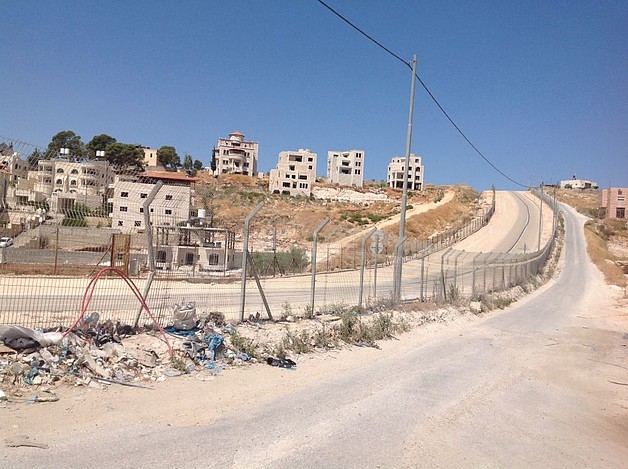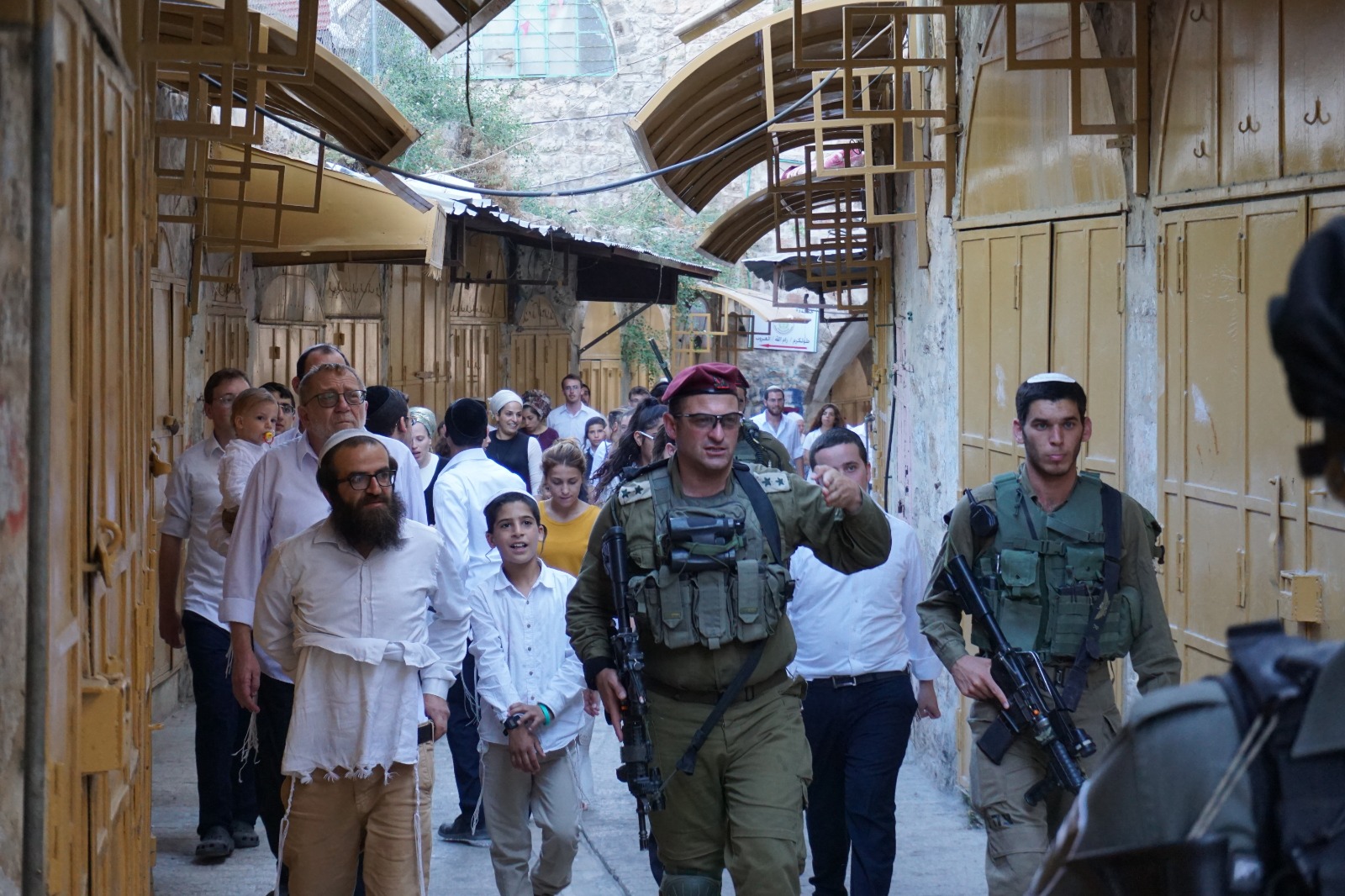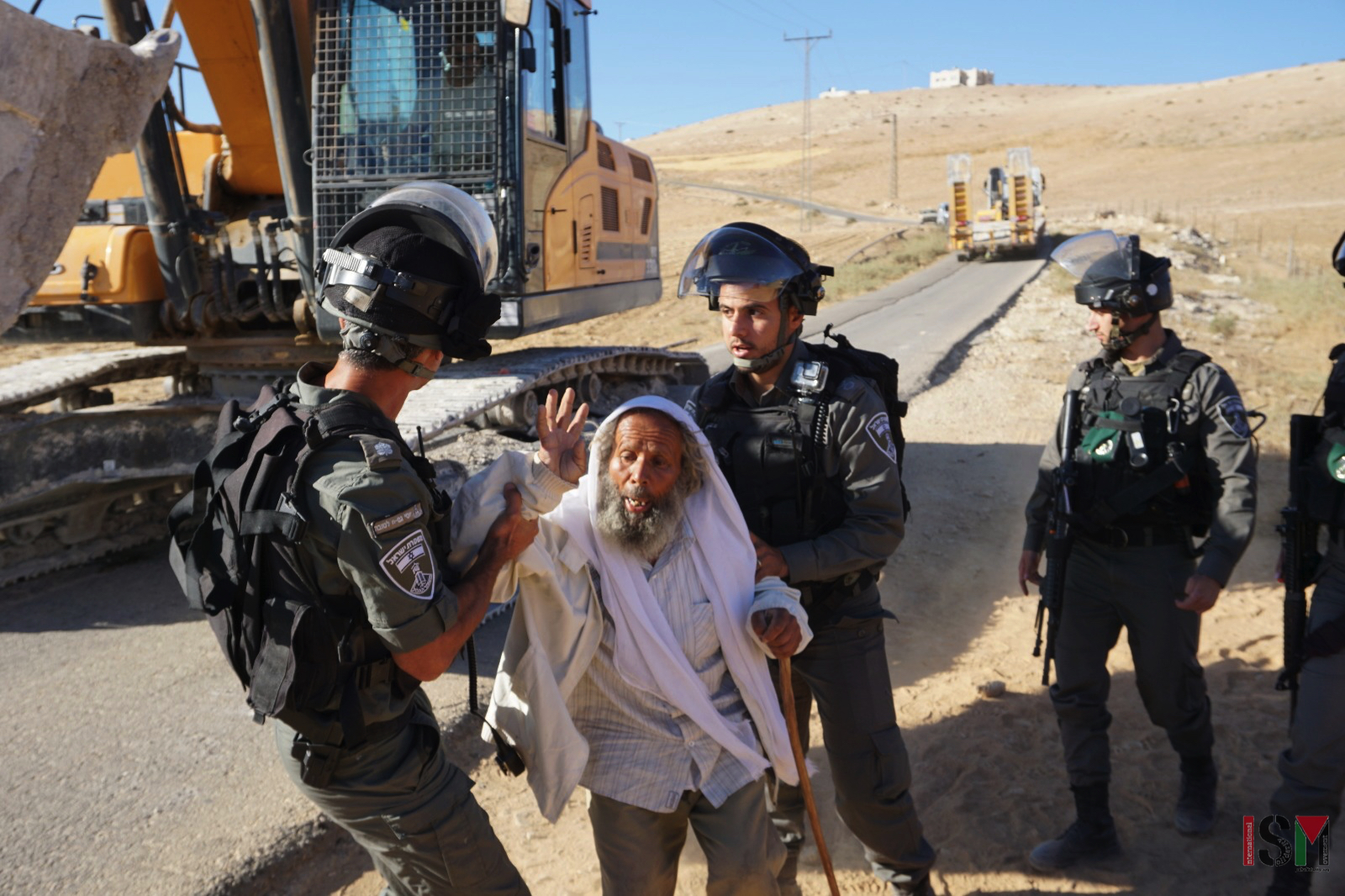Tag: Eviction
-
Mondoweiss: Israel is planning on demolishing dozens of East Jerusalem homes under PA control
July 18 | Yumna Patel | Mondoweiss In less than 24 hours, 42-year-old Ismail Obeidiya, his wife Nida, and their six kids, could be made homeless. It’s a terrifying reality that Obeidiya is struggling to grapple with, his unease and frustration more palpable with every word. “We fought so long and so hard, for years,…
-
Settler tour exemplifies the difficult reality of occupation in the Old City of Hebron – a photo essay
July 7 | International Solidarity Movement | Hebron, occupied Palestine Every Saturday, illegal Jewish settlers from around the West Bank take a “tour” of the busy souq (market) in Old City of Hebron, the busiest market street in the area since the closure of Shuhada Street. Local Palestinians believe that the Israeli authorities facilitate the…
-
Livelihoods destroyed in two days of demolitions in South Hebron Hills
July 4 | International Solidarity Movement | South Hebron Hills, occupied Palestine The South Hebron Hills have faced two consecutive days of demolitions starting early yesterday morning, with bulldozers destroying water wells and uprooting over 500 trees in two villages. An elderly Palestinian activist from Um al-Khair was also hospitalised yesterday after being violently…



